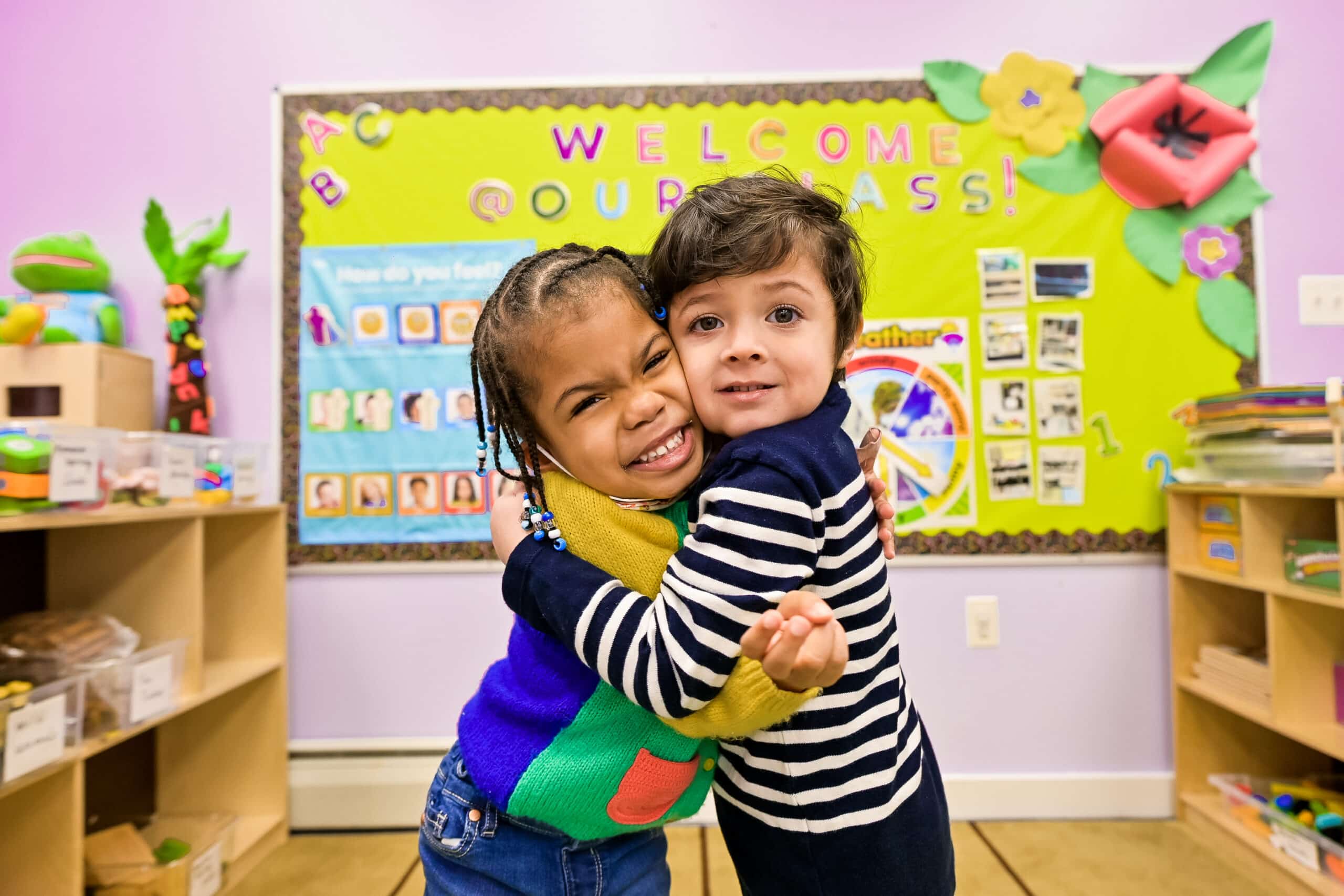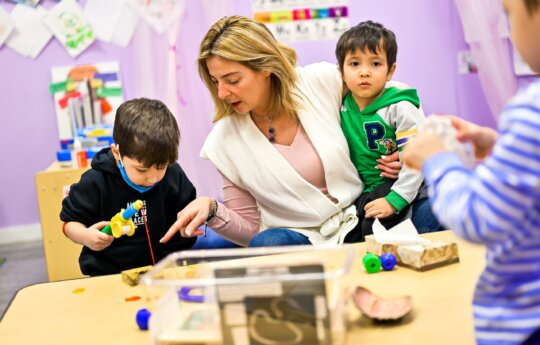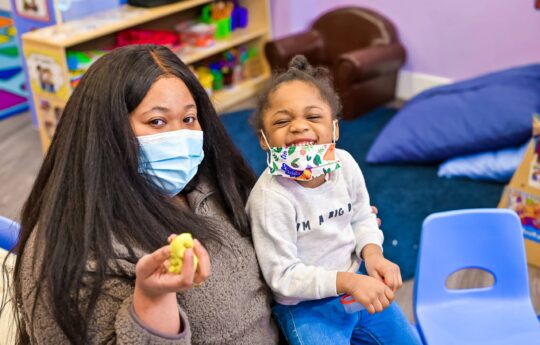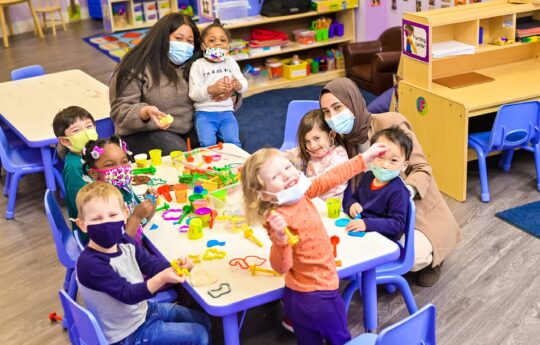
Characteristics of speech, facial expressions, and gestures make up manners – an external style of behavior. First and foremost, your child will be able to acquire decent manners if you educate them to be respectful of other people. Teaching your child to be respectful, and in turn have good manners, can only benefit them in the future. As a parent, you’ll be able to see these benefits for yourself. All parents like hearing how kind and well-behaved their kids are from other parents or teachers.
When should you start?
From the first year of life, a child should be taught courtesy and manners. If you develop guidelines for appropriate behavior in various settings, it will be simpler to educate a child in an ethical manner.
Good table manners
It is better to start teaching your child proper table manners while they are between the ages of 2-4. Where to start? Here are some tips to begin with.
- Encourage your child to eat only at the table.
- Give instructions on how to sit at the table properly: straighten your back, don’t dangle your legs under it, don’t toy with your food or cutlery, don’t load your mouth with food, and don’t chat while you’re eating.
- At first, you can put your baby’s favorite toys at the table and teach them all good manners. Through the game, the child will quickly learn what is expected of them.
- In no case should you raise your voice at the child, even if they disobey your instructions. It is necessary to provide the knowledge that is required in an appropriate manner.
You may start learning how to use silverware properly when the child learns to sit straight at the table, not to play with food, refrain from talking while eating, and leaving the table while saying “thank you”:
- Describe what a big spoon and fork are and what you can eat with it. Explain to your youngster in a visual way why you can’t eat some things, like soup with a fork or spaghetti with a spoon.
- Teach your kid how to tidy up after mealtime. Do not deny the child the chance to wash it themselves if they want to.
- After 5 to 6 years, you may teach the child how to use a knife, including which hand to hold it in, how to use it with a fork, and how to chop meat carefully so that no one seated next to them is hurt or stained.
- Describe how to arrange the table properly. It makes no difference whether you are instructing a boy or a girl. These fundamentals should be taught to all kids.
Social manners
Always keep an eye on the child’s behavior in public settings such as the circus, the theater, daycare, and gatherings. If there is erratic behavior, disobedience, or resentment from certain parental limits, it’s time to take on behavioral changes and educate basic social skills:
- Decide on the specific consequences you’ll impose for the child’s misbehavior. Explain to the child what will happen if they misbehave.
- Tell your child that you will leave the area as soon as they start acting in a way that is not appropriate in a public setting.
- The parents’ behavior in public must be immaculate in order for the kid to perceive it. As a result, you do not need to explicitly instruct because kids imitate their parents’ words and actions. Even at home, parents should communicate politely with one another by saying “thank you” and “please”.
Polite attitude toward others
From the age of one, you may start teaching a kid to be polite to others. These are the three fundamental phrases for babies: “thank you”, “please” and “sorry”.
- Teach your child to never take something from another person without asking permission first.
- Encourage them to share with others. Since most youngsters are not in a rush to share their stuff, they frequently grab someone else’s instead, so this is not an easy goal to attain. The most important thing is to constantly discuss it with the infant in a loving manner.
- Teach your child appropriate ways to ask for things from strangers, such as “Excuse me, can I pass?”, “Excuse me, can you tell me…”, “Excuse me, can you please help me with…” and similar phrases.
Be Patient
A kid may need some time to pick up appropriate behavior. Change takes time. However, the intended outcome will be achieved faster if you actively contribute in a friendly manner without putting too much pressure on your baby. It can take months to finally implement adjustments. Nonetheless, it typically improves the environment in the home when you observe how everyone treats one another with respect.
The child will eventually become used to the expectations for appropriate behavior in various contexts and won’t require constant reassurance. Your baby will remember good manners as they get older, so you won’t need to exert as much control over them. When your youngster demonstrates exemplary manners without your prodding, don’t forget to compliment them.




